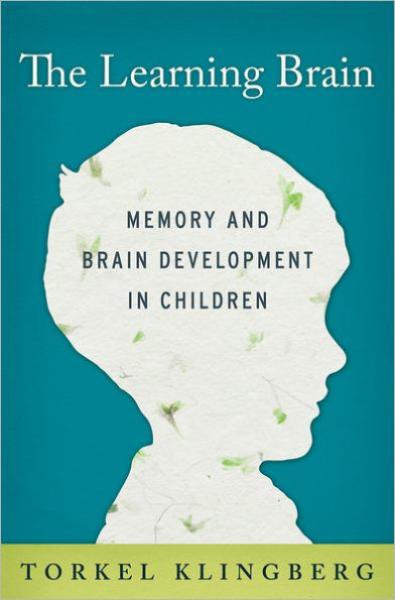Description
to improve the education of our children.
The key to improving education lies in understanding how the brain works: that is where learning takes place, after all. The book focuses in particular on "working memory"--our ability to concentrate and to keep relevant information in our head while ignoring distractions (a topic the author covered
in The Overflowing Brain). Research shows enormous variation in working memory among children, with some ten-year-olds performing at the level of a fourteen-year old, others at that of a six-year old. More important, children with high working memory have better math and reading skills, while
children with poor working memory consistently underperform. Interestingly, teachers tend to perceive children with poor working memory as dreamy or unfocused, not recognizing that these children have a memory problem. But what can we do for these children? For one, we can train working memory. The
Learning Brain provides a variety of different techniques and scientific insights that may just teach us how to improve our children's working memory. Klingberg also discusses how stress can impair working memory (skydivers tested just before a jump showed a 30% drop in working memory) and how
aerobic exercise can actually modify the brain's nerve cells and improve classroom performance.
Torkel Klingberg is one of the world's leading cognitive neuroscientists, but in this book he wears his erudition lightly, writing with simplicity and good humor as he shows us how to give our children the best chance to learn and grow.
"With a friendly and clear writing style, Klingberg introduces us to the factors that shape working memory, and the profound impact it has on our lives... Crucially, Klingberg highlights the costs of missed diagnosis: children with working memory deficits have extreme difficulty attaining math and
verbal skills and suffer from low self-esteem" -- New York Times Book Review
"Klingberg mixes multiple anecdotes with scientific studies... The result is fascinating and readable. There is much to recommend in this book. The anecdotes and descriptions of many pieces of research are interesting and sure to pique the curiosity of most readers." --PsycCRITIQUES
Product Details
- Oxford University Press, Brand
- Nov 2, 2012 Pub Date:
- 0199917108 ISBN-10:
- 9780199917105 ISBN-13:
- 200 Pages
- 9.3 in * 6.1 in * 1 in Dimensions:
- 1 lb Weight:




